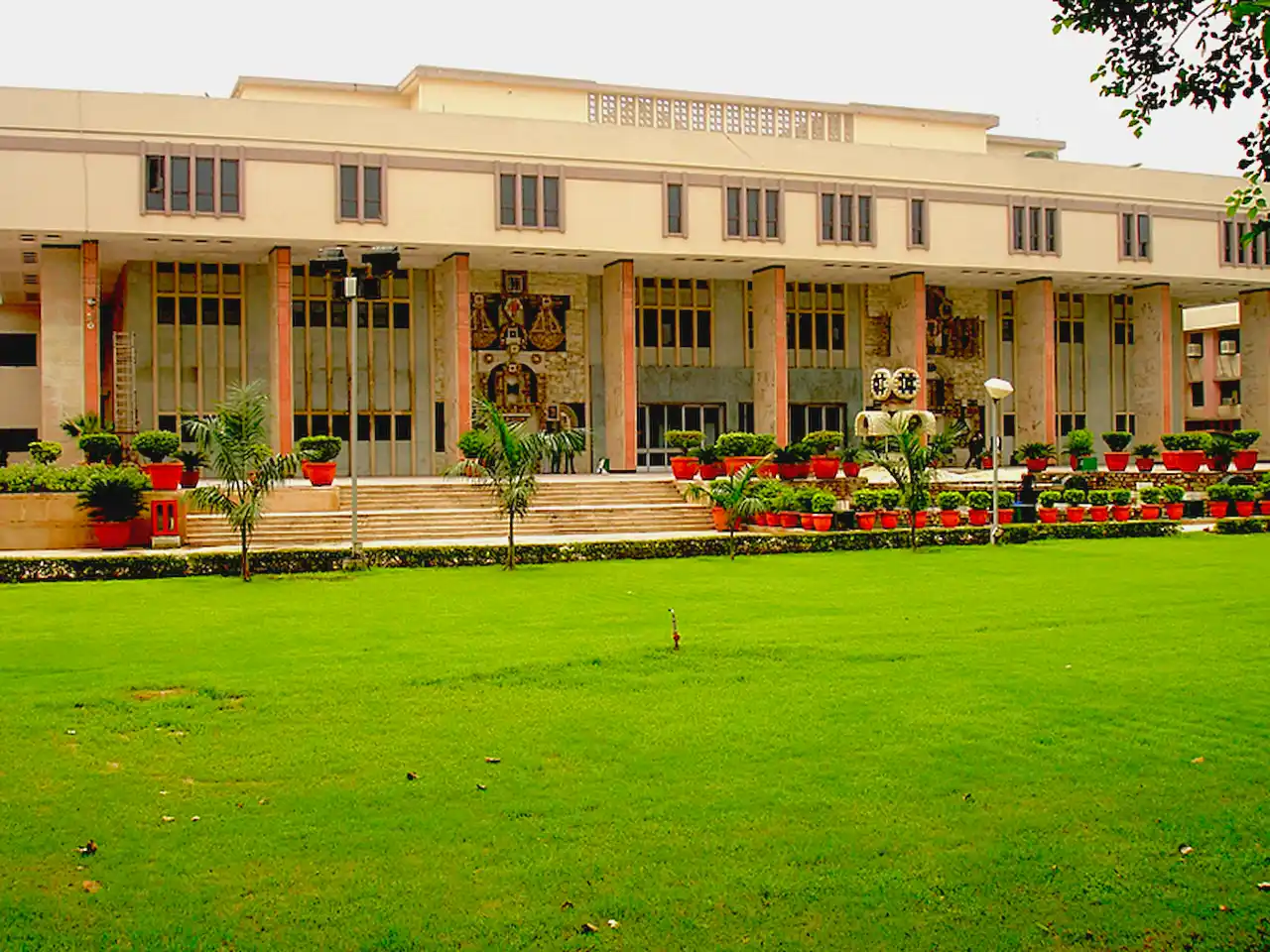Delhi High Court’s recent ruling allows the court to collect deficient stamp duty itself, simplifying the process and avoiding Collector of Stamps involvement.
Details of the court’s decision and its implications.
The Delhi High Court recently clarified the procedure for handling unstamped or insufficiently stamped agreements under Section 11 of the A&C Act. The court emphasized that while impounding such agreements, it can now also collect deficient or requisite stamp duty itself, eliminating the mandatory requirement to send them to the Collector of Stamps.
In a recent judgment by Justice Sachin Datta, the court outlined two options after impounding the agreement: either sending it to the Collector of Stamps for processing under Sections 40-42 of the Stamps Act or utilizing Section 35 of the Stamp Act. The latter option allows the court to facilitate depositing the necessary stamp duty along with penalties as stipulated in proviso (a) to Section 35. This approach is particularly favorable when the quantum of stamp duty is undisputed.
The Court further specified the procedure to be followed after payment of the stamp duty and penalty under proviso (a) to Section 35 of the Stamp Act. This includes sending an authenticated copy of the endorsed instrument, along with a written certificate indicating the levied duty, to the Collector or authorized individuals as per Section 38(1) of the Stamp Act. Additionally, the Collector retains the authority to refund a portion of the paid or levied penalty related to the agreement or instrument under Section 39.
This ruling not only aligns with previous judgments but also serves to ensure a more expeditious resolution of petitions under Section 11 of the Act. By minimizing the need for adjudicatory exercises by the Collector of Stamps, the Court aims to streamline and expedite the legal process.
Furthermore, the Court acknowledged that while employing Section 35, certain functions can be delegated to an appointed officer or the Registrar of the Court. However, the duty of determining the nature of the instrument and the applicable stamp duty cannot be delegated and must be performed by the Court itself.
In conclusion, the Court laid out a set of tasks/functions that can be delegated while utilizing Section 35 of the Stamps Act. This includes duties such as examining and impounding unstamped or insufficiently stamped instruments, preparing reports on the document’s nature, endorsing the original instrument as duly stamped, preparing authenticated copies, and more.
This landmark ruling by the Delhi High Court marks a significant step towards a more efficient and streamlined stamp duty collection process, while ensuring a transparent and authoritative approach to legal proceedings involving agreements.
